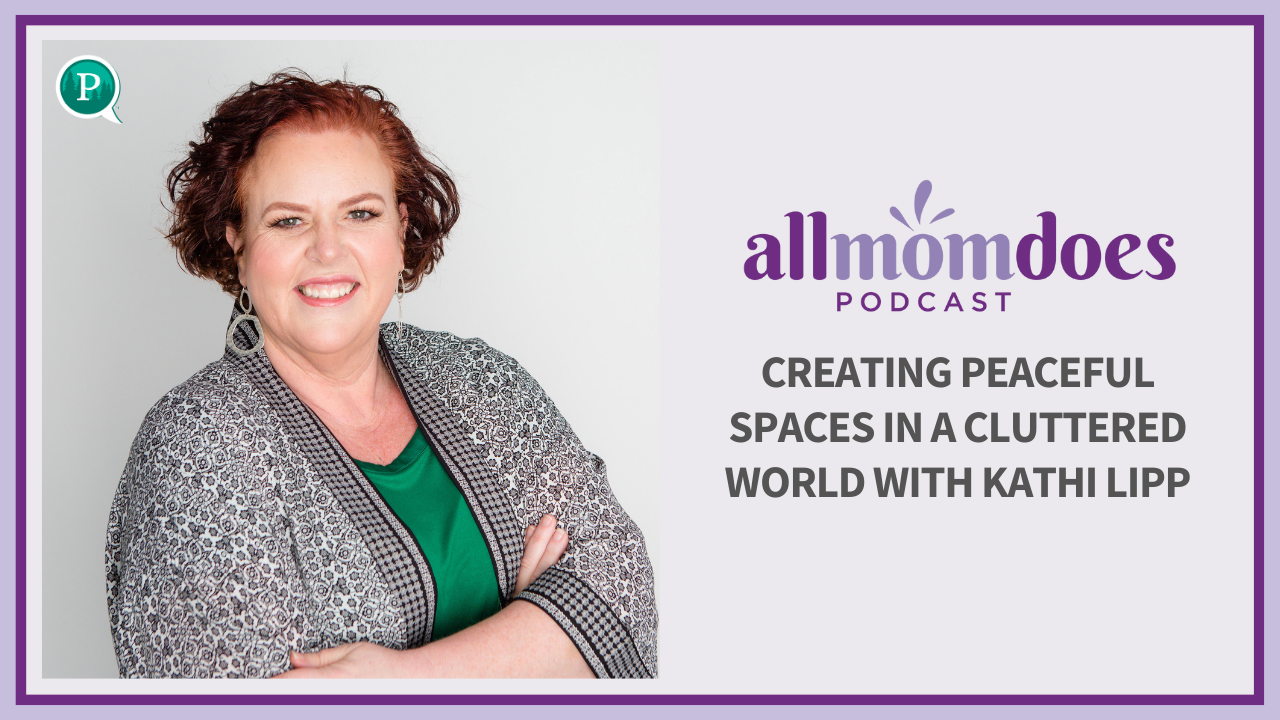As we begin a new school year with a lot of unknowns it is important that we keep tabs on how our children are feeling. I reached out to Seattle Christian Counseling to find out more about what signs we should look for in our own children when it comes to anxiety so we can get them additional help and support if needed.
Here are some telltale signs you should consider getting your child assessed for anxiety by their primary care physician or a therapist:
Physical symptoms
This is the biggest red flag. If your child consistantly complains of stomach aches, nausea, has digestive issues such as constipation, or headaches, and their doctor can find no reason for the symptoms, anxiety is likely the underlying cause. Start paying attention to whether there is a pattern to the symptoms. For example, if your child gets a tummy ache every time they have a test in school, it is likely anxiety.
Avoidant behavior
If your child starts avoiding things they used to enjoy, keep an eye on the situation. They may throw tantrums before school or going to a friend’s house or get weepy or angry when you mention a trip to the doctor. Additionally, they may stop participating in school. It’s important to identify the reason for the avoidance.
In the school example, they may be afraid of making a mistake and are choosing to not participate in class in order to avoid such a mistake. A caveat here is that sometimes introverted children get mistaken for anxious children.
If your child prefers having just a couple of close friends or is not always excited about big family gatherings, that does not necessarily mean they are dealing with anxiety. The key is to notice if they previously enjoyed the activity they are now avoiding.
Trouble focusing
If your child is so fidgety or restless that they struggle to pay attention to what you’re saying, or if they are having a hard time in class, this may be due to anxiety. Trouble focusing may also present itself as daydreaming. While some kids may just love dreaming of their after school snack, others may be trying to deal with racing thoughts.
Fears that don’t seem quite normal
This is especially true for OCD. If your child comes to you convinced they accidentally harmed someone or that God is angry at them, is petrified of making a mistake, or becomes distraught if their toys get moved out of order, they may be struggling with intrusive thoughts. In general, if your child seems to be worrying about things you don’t remember worrying about or is worrying about normal things but to a distressing extent, then you’ll want to move forward with assessing for anxiety.
Recent trauma
If your child has experienced a recent trauma, it is safe to say they will need some extra help to process it, especially if the trauma happened to them (such as directly experiencing or witnessing abuse). In this case, don’t wait for symptoms to present. Talk to their doctor or find a counselor who can help you and your child work through the trauma.
Any suicidal thoughts
If your child expresses having suicidal thoughts, draws pictures consistently about death, or states he or she wishes they were dead, hear these as calls for help and make an appointment with their doctor.
Treatment for Symptoms of Anxiety in Children
If any of these resonate with you about your child, you are likely wondering what to do now. The first step is to avoid blaming yourself. There are many reasons that anxiety develops. Rather, focus on the many ways you will be able to help your child with his or her anxiety disorder.
Contact their doctor. They will likely have a list of counselors to whom they can refer your child if they find they do believe your child has an anxiety disorder. Your child’s school counselor should also have names of counselors in the area. Once your child is in counseling, try to be as involved as possible. Developing secure attachments is the most effective way for a child to feel safe, thereby naturally decreasing anxiety, and therapy can be a great place to build such attachment.
Learn the coping mechanisms that are helpful along with your child and then help your child employ them when they feel anxious. Listen with patience and understanding when they express anxiety and strive to avoid any judgement. Remember, you might know their fears are irrational, but to them, their worries are big. Mostly, though, love them in it and through it.
If you’re looking for professional Christian counseling that respects your faith and values, Seattle Christian Counseling is ready to help. They are an association of licensed professionals who are experienced in helping people of all ages find healing for a wide-variety of struggles. By merging God-given knowledge in the field of counseling psychology with Biblical guidance and faith-based support, their Christian counselors help individuals, premarital couples, marriages, and families find real, lasting solutions. You can find out more about Seattle Christian Counseling online or by calling 206-388-3929.

















